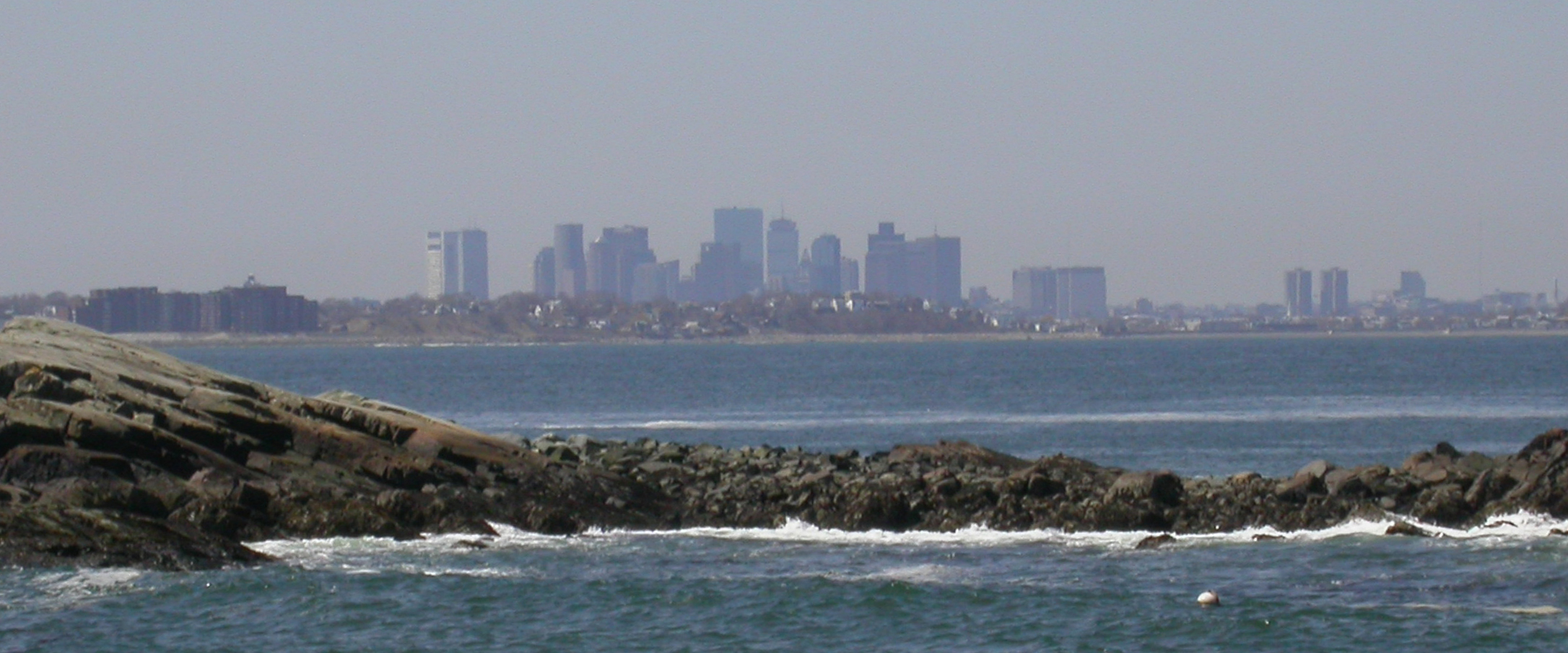Making decisions about managing natural resources or protecting the environment isn’t as easy as knowing what action or policy will elicit a favorable environmental response. In fact, environmental outcomes are just one category of many that come into play in decision-making. Take the example of coastal homeowners who may be faced with the decision of armoring or maintaining a natural shoreline along the water weighing their environmental, economic, recreational, aesthetic, and other values. These types of environmental decisions are not only made by public officials, but also every day by private individuals as well as commercial, industrial, and institutional property owners.
Dr. Steven Scyphers is studying how complex socio-environmental decisions are made, including what factors come into play and how they sway decision-making. He looks at the ecological and social costs, and his lab works to develop strategies that aim to address environmental problems that sustain both people and coastal ecosystems.
Scyphers, who joined Northeastern’s faculty as an Assistant Professor in September 2016 after four years of serving as a postdoctoral fellow and research scientist in the Grabowski Lab, is a sustainability scientist. He obtained his PhD from the University of South Alabama and Dauphin Island Sea Lab, which is where he first became interested in coupling coastal ecology and environmental sociology to study environmental problems. Some of his recent work has included developing incentives for sustainable coastal development, studying the impacts of climate change and management decisions on human well-being in fishing communities, and evaluating the potential benefits of citizen science for documenting socio-environmental change along coastlines.
The work of the Scyphers Lab typically involves socioeconomic surveys or interviews and combines those results with biophysical and ecological data sets. Many of these surveys aim to describe the diverse relationships, values, and/or beliefs within a certain population or group of key stakeholders, answering questions such as “how concerned are you about sea level rise?” or “how much do you feel like you can influence fisheries management decisions?”. Understandably, this work is highly collaborative, and Scyphers has worked with The Nature Conservancy, NOAA, state agencies, and local communities.
The Marine Science Center is better with equipped to address questions related to coastal sustainability with the addition of a social scientist to its faculty, and is pleased to welcome Scyphers to its ranks.


